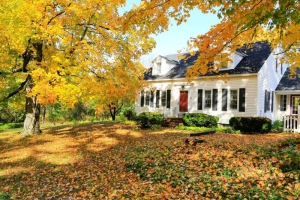Article Categories
Recent articles
-

9 New Interior Design Trends Set to Transform Our Homes in 2026
Design | November 28 2025 -

Small condo: tips for hosting during the Holiday season
Lifestyle | November 21 2025 -

Do You Know How to Protect Your House’s Foundation?
Renovation | November 16 2025 -

Buying a Country Home: A Worthwhile Investment or Not?
Real estate | November 9 2025 -

Should You Worry About Radon in Your Home?
News | November 7 2025
